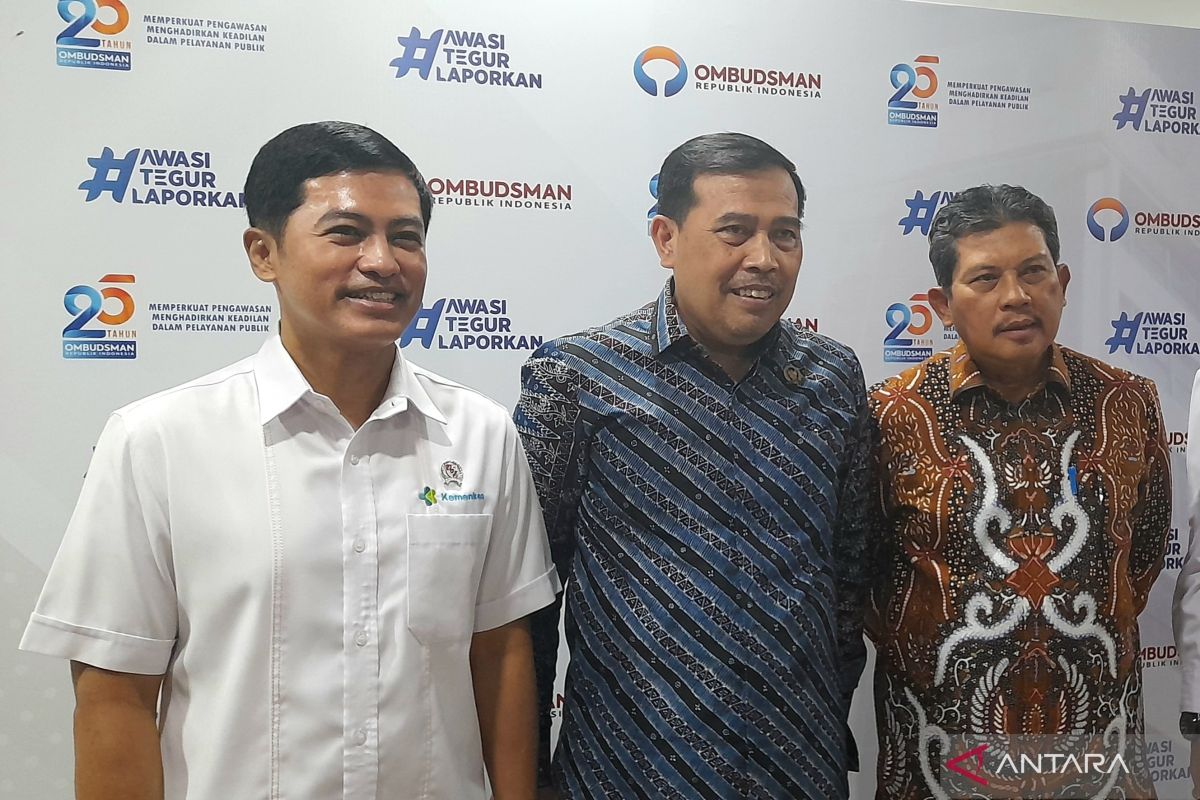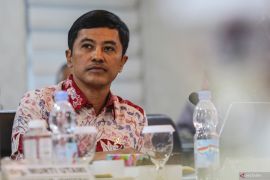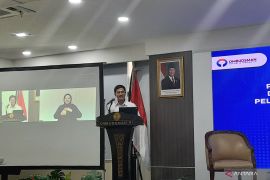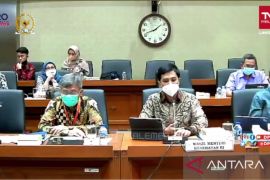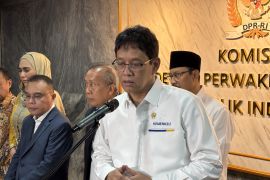"BPJS Kesehatan is for all Indonesians, from the lowest to the highest levels, with varying claims and premiums," he said on Tuesday.
His comment referred to Health Minister Budi Gunadi Sadikin’s remark, who proposed that the provision of the JKN program should be focused on serving the lower-middle class, while the wealthy could utilize private health insurance services.
"That statement was a slip of the tongue, because as we know, large companies like Pertamina and PLN are collaborating with BPJS Kesehatan, meaning it's open to everyone," Harbuwono continued.
He then explained the Standard Inpatient Class (KRIS) system in JKN, which will eventually be divided into two.
"We plan to have two KRIS cards. One of the cards will allow the patients to upgrade their JKN service. Those wishing for VIP treatment can simply top up their BPJS," he explained.
Previously, Minister Sadikin suggested that the National Health Insurance (JKN) program managed by BPJS Kesehatan should prioritize the lower-middle class, while higher-income individuals could rely on private health insurance.
"BPJS shouldn't cover the wealthy. Because the wealthy, the first class, should be taken over by the private sector," he said during a meeting with the Indonesian House of Representatives on November 13.
According to him, this step is important to maintain the sustainability of the BPJS Kesehatan financing system, ensuring its strong ability to provide health protection to all Indonesians.
In addition, the government and the Financial Services Authority (OJK) have signed an agreement regarding combined benefits between BPJS and private insurance companies.
As of November 12, 2025, the JKN program covers 98 percent of Indonesians, or around 268 million people.
Insurance spending represents 36.3 percent of total national healthcare expenditure, with JKN contributing 30.9 percent and private insurers 5.4 percent.
Moreover, the government recently announced the cancellation of outstanding BPJS premium debts for approximately 23 million participants, particularly informal workers and individuals without stable income.
The initiative is intended to expand access and strengthen insurance coverage nationwide.
Related news: CKG shifts healthcare focus from cure to prevention: official
Related news: Need to support JKN efforts to expand health access: minister
Related news: Indonesia ensures health insurance for 96.8 million people
Translator: Resinta Sulistiyandari
Editor: Azis Kurmala
Copyright © ANTARA 2025
